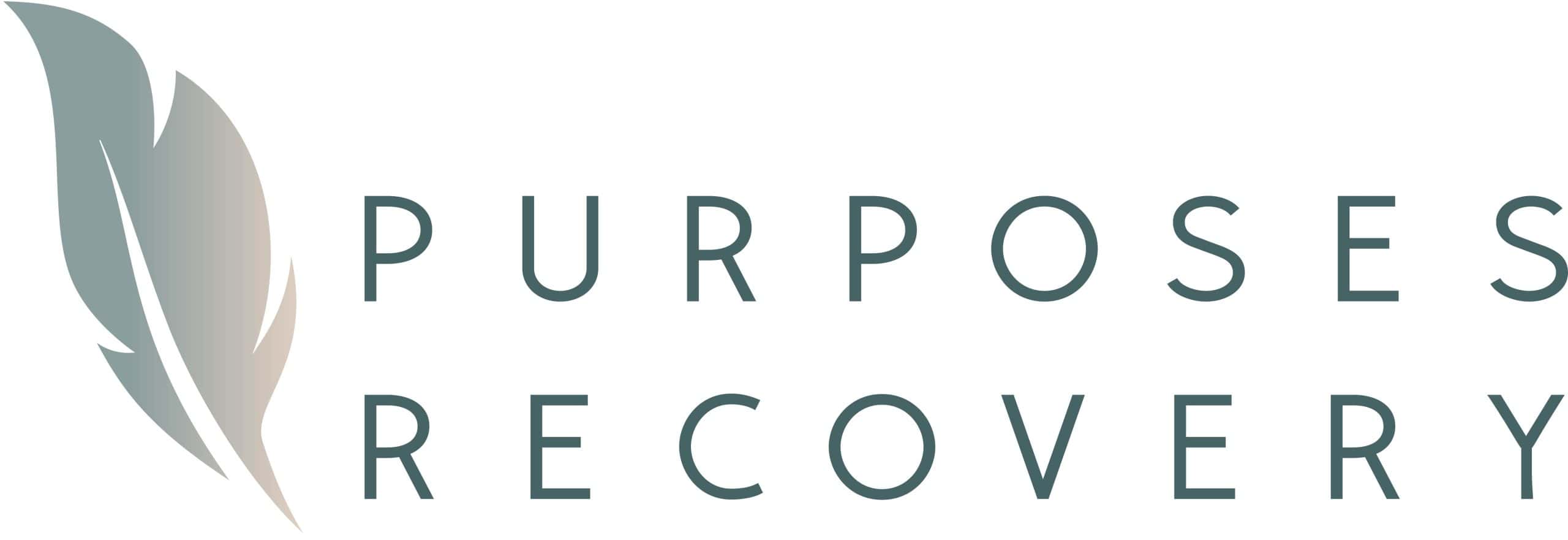ADDICTION TYPES
We offer comprehensive treatment for many types of addictions. Below are some of the addiction types we treat at Purposes Recovery.
Alcohol addiction, or alcohol use disorder (AUD), involves compulsive drinking despite negative consequences. It often leads to physical dependence and tolerance, causing withdrawal symptoms upon cessation. Long-term abuse can result in severe health issues like liver disease and neurological damage.
Benzodiazepine addiction develops from prolonged or excessive use of these drugs prescribed for anxiety or insomnia. It leads to physical dependence, tolerance, and withdrawal symptoms upon discontinuation. Abuse can cause cognitive impairment and increase the risk of overdose.
Cocaine addiction is marked by compulsive use of the stimulant drug despite negative outcomes, posing significant risks to physical and mental health. Chronic use leads to tolerance, dependence, and various health problems including cardiovascular complications and neurological damage.
Heroin addiction, a form of opioid use disorder, involves compulsive use of the drug despite negative consequences. Tolerance, dependence, and severe withdrawal symptoms characterize chronic use, which poses risks such as overdose and infectious diseases.
Opioid addiction is a chronic disorder marked by compulsive use of opioids, including prescription painkillers and heroin. Tolerance, dependence, and addiction develop over time, leading to health risks like overdose, respiratory depression, and mental health issues.
Prescription drug addiction involves the compulsive use of medications for non-medical purposes. Commonly abused drugs include opioids, benzos, stimulants, and sedatives. This addiction can result in overdose, organ damage, and increased susceptibility to infectious diseases.
Morphine addiction results from prolonged use of this potent opioid painkiller. It leads to tolerance, physical dependence, and challenging withdrawal symptoms. Morphine addiction is associated with respiratory depression, constipation, and increased infection risk.
